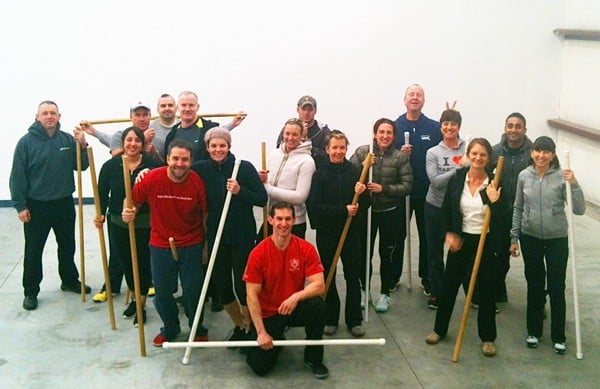Studies show that individuals who feel more isolated, are sedentary, eat foods that increase inflammation, lack social support and feel victimized rather than empowered have more physical and psychological ailments. Science also points to the rise of depression and anxiety as individuals feel more disconnected from nature and more connected to the screen, be it a computer or smart phone (see Your Brain on Nature, Wiley 2012). And if the ecologists and environmentalists are correct, their research implies that natural resources are disappearing as global warming is advancing.
Given this information, I have examined for myself what is true for me and I ask you to ask yourself these questions?
- Do I live isolated from others or do I belong to a community that I can count on?
- Do I spend more time on my computer or smart phones even when I am engaging with another person or out doors in nature?
- How connected am I to nature and the outdoors?
- How frequently to I prefer the ease of comfort foods filled with chemicals, sugars and fats rather than the natural foods my body actually need?
- Do I often view exercise as an obstacle, rather than as an activity I can incorporate as a natural part of daily living?
- Do I feel entitled and want a “quick fix” to any given challenge, rather than understand that hard work and patience deliver more than just a fix but an inner reward?
- Do I understand that I leave a “carbon footprint” on the Earth that can affect future generations?
- How often to I give back to the Earth or to people what it/they have given me?
I don’t mean to inflict fear or be negative by asking these questions, but I do want you to think.
For some, being part of sustainable living communities offer a way to answer these questions in a positive way. Sustainable living implies that one attempts to reduce the burden on the Earth’s and one’s own resources. Such communities aim to improve energy consumption both by the community and by the individual—which can mean toiling the soil and also improving one’s diet, exercise and overall connection to nature and the surroundings, to start. The key to sustainable living, is the sense of value that is given to each individual, every living being and the planet itself.
Value is key.
Why value? Because ultimately, not taking care of yourself, someone else or the Earth, implies lacking a sense of value. When you lack value or feel like you are not being valued, rage and disrespect will run rampant, as will a host of physical and psychological complaints. How much do you value the clerk at the checkout counter or the person who cleans the public bathrooms? Who do you value more: A movie star or a person who drives a bus? How much do you value yourself when you eat two donuts?
I personally have wondered about this issue for a long time, but being part of CrossFit taught me a lot about value, about caring about myself, the community and the natural environment that I am part of. That which I value, makes sure my back is covered.
I have come to learn the following:
- Don’t be scared of working hard; align yourself with people who can work hard.
- Don’t be scared of reaching out to others; align yourself with people who can reach out to you and you to them.
- Don’t put stuff in your body that doesn’t belong; align with the Paleolithic diet—eating organic and grass fed meats, poultry, fish, vegetables and fruits.
- Do not let fear get in the way. Do it anyway.
- Never take anything or anyone for granted; align yourself with people who do not take anything for granted.
- Value yourself, others and the Earth; align yourself with people who value themselves, you and the Earth.
Look around you and look at yourself. How much do you value yourself as a contributor to society or the greater good? Who surrounds you that feel does the same?
Who’s got your back?









